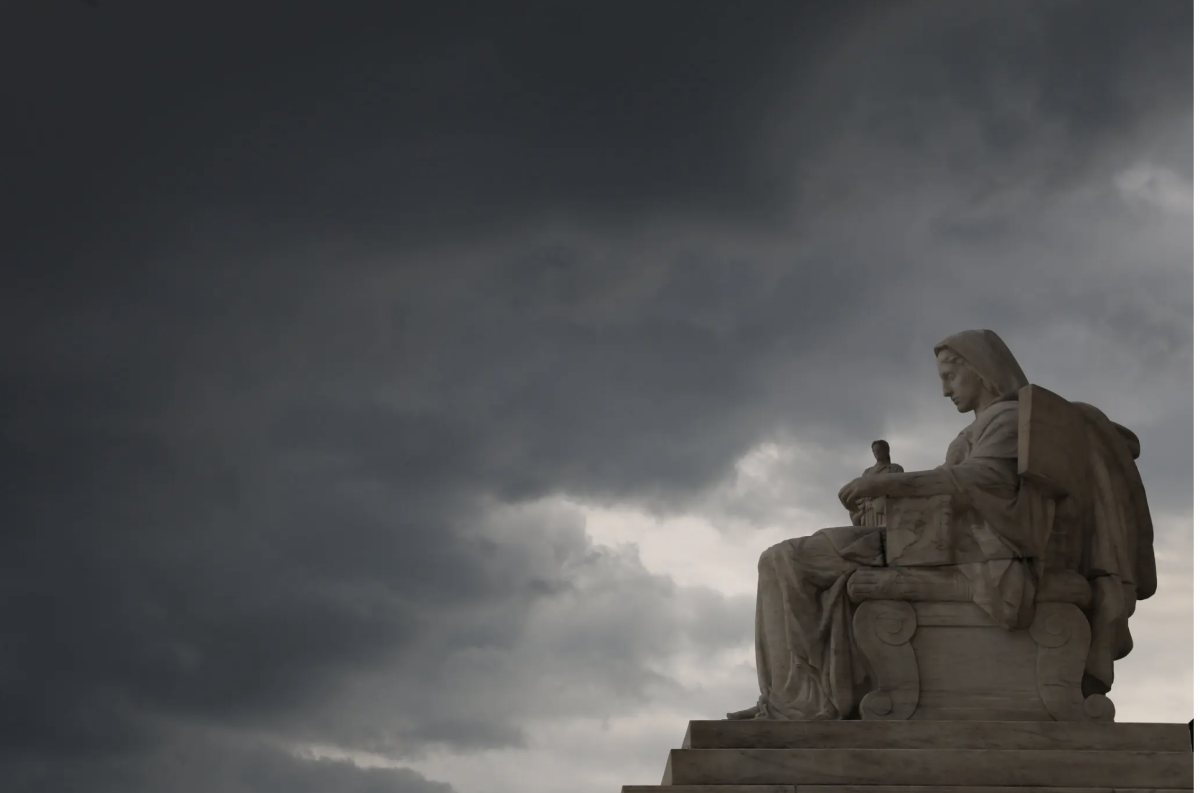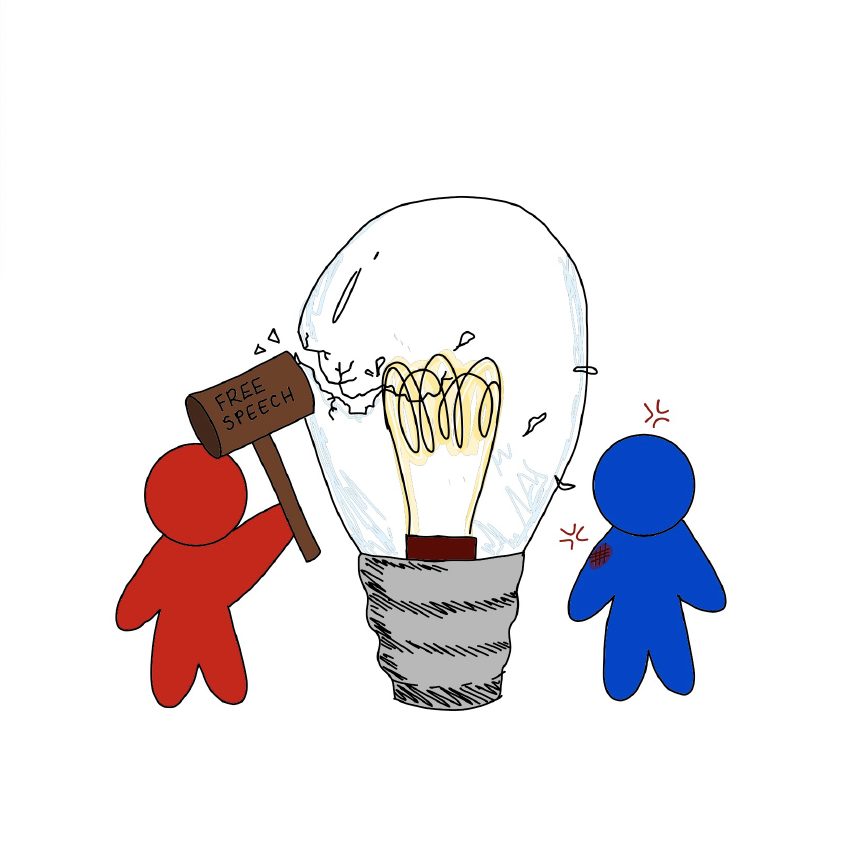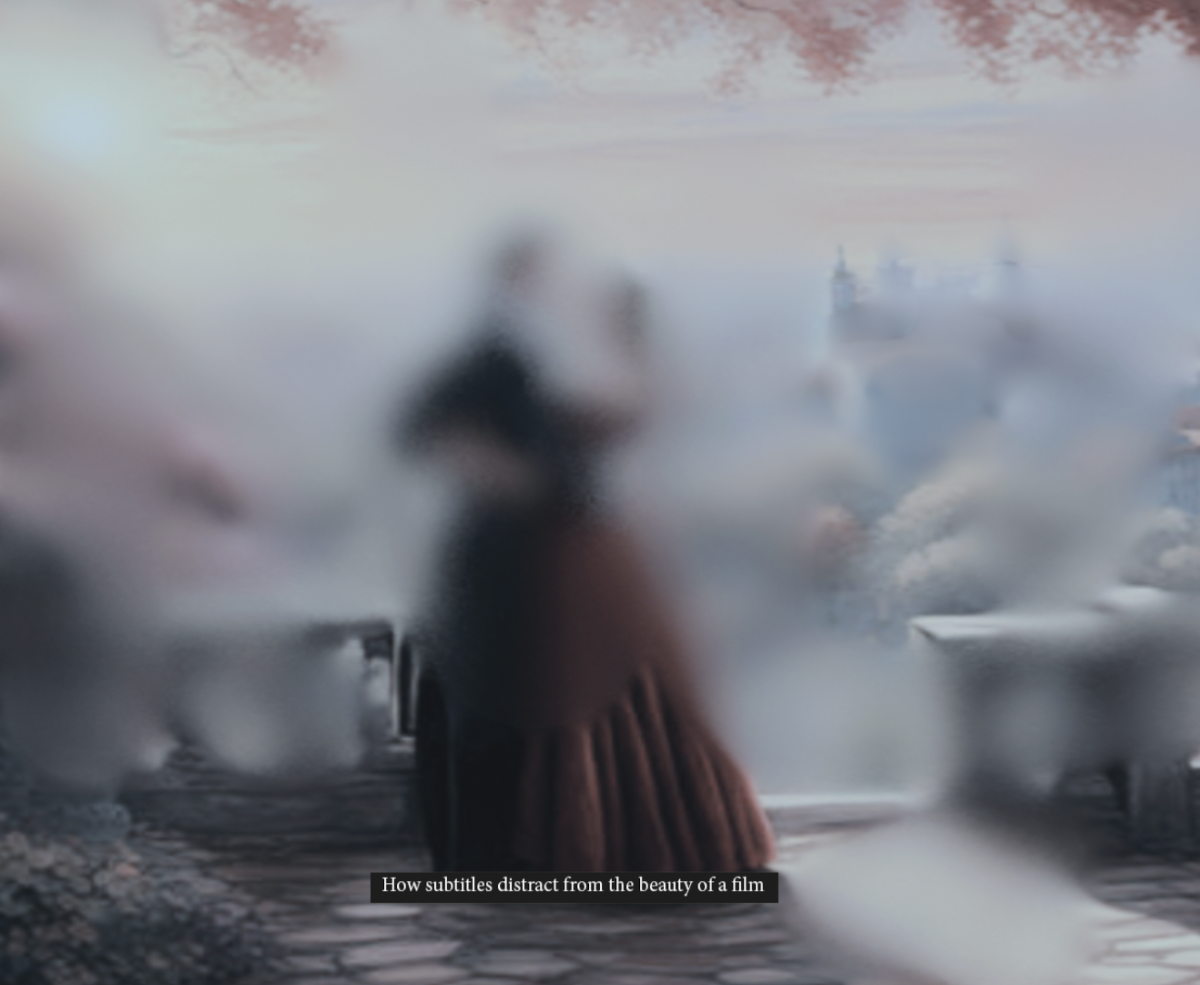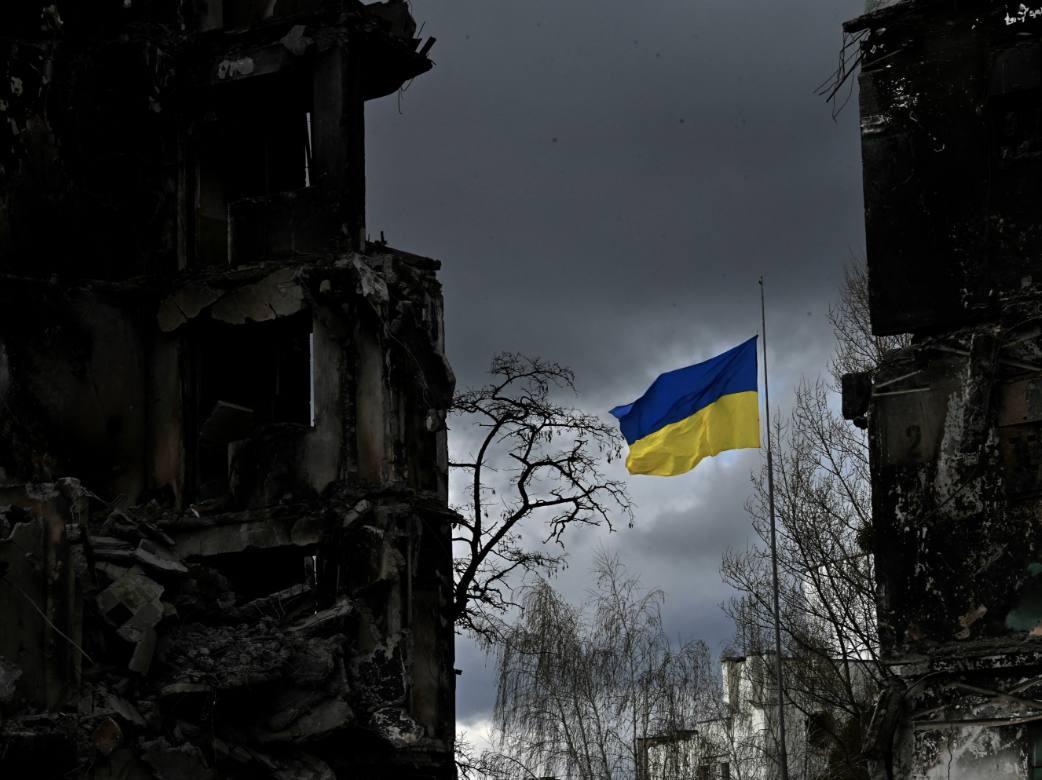“Better a thousandfold abuse of free speech than denial of free speech,” said Charles Bradlaugh, a 19th century English political activist. Today, in the 21st century, a group of attorneys from Louisiana and Missouri facing off against the Biden Administration in the Supreme Court would likely agree.
On March 18, 2024, the Supreme Court heard oral arguments for Murthy v. Missouri, a monumental case that addresses the legality of the federal government’s communication with social media platforms in regards to censoring misinformation. The stakes are especially high for Murthy v. Missouri because the Court’s decision will dictate the First Amendment’s complex legal jurisdiction in social media. With a decision looming in the coming months, the Court ought to protect users’ free speech on these platforms, even if they are, as Bradlaugh might call it, abusers of free speech.
“A common question is whether social media platforms have the right to censor and moderate content on their platforms without any First Amendment violations,” said History teacher and former San Diego Appellate Court Attorney Ms. Priscilla Wrosch. “The answer is yes, they do have the right to do this. They are private institutions, and the First Amendment only protects us from censorship from the government, not from private institutions,” she explained.
Ms. Wrosch pointed to Section 230 of the Communication Decency Act of 1996 as the law that gives private social media companies partial immunity from the First Amendment. Ms. Wrosch added, “Without any First Amendment concerns or legal implications, these platforms can act on their own volition, in accordance with their own policies regarding censoring and monitoring misinformation.”
However, in Murthy v. Missouri, the problem is not X (formerly Twitter) and Facebook’s censorship of posts, but rather “if the government was pressuring these social media platforms to censor and moderate the misinformation,” Ms. Wrosch explained. “If the government coerced platforms into censorship, that is government censorship of information, and that is a clear violation of the First Amendment.”
In Murthy v. Missouri, the Court reviewed communications between the White House and social media companies regarding posts that spread misinformation about COVID-19 to decide if the government did overstep its authority. For example, they reviewed the censorship of tweets by Robert F. Kennedy Jr., a famous anti-vaxxer. Early in 2021, Kennedy claimed that baseball legend Henry Aaron’s death was caused by the then-new COVID-19 vaccine. Despite lacking evidence, Kennedy’s assertion was music to the ears of thousands of anti-vaxxers.
Just days later, the White House’s COVID-19 response team emailed Twitter saying they “Wanted to flag the below tweet and [are] wondering if we can get moving on the process for having it removed ASAP.”
Government communications like this reflect the stakes of Murthy v. Missouri.
The government has no right to censor the public, so to refer to a censoring effort as something “we can get moving on” suggests a frightening culture of authority and coercion inside the government. Is the Supreme Court — the ultimate defender of the Constitution and promoter of liberty and justice — going to allow the government to communicate with companies like this?
When it comes to the Court’s decision, they will likely side with the government. Ms. Wrosch explained, “The Court must decide whether the taking down of posts was traceable back to the communications by Biden’s Administration… and [right now], there are issues about a time gap between some of the communications and when the actual taking down of the posts was, which make it hard to be labeled a cause and effect.” She added that many of the justices have been quite skeptical of the causal link between White House communications and the companies’ censorship.
So, while the Court will most likely side with the government’s argument, the justices will have to be careful with how they phrase their opinion.
The line between the government advising versus pressuring or even forcing platforms to censor information is already ambiguous, so in siding with the government, the Court is indicating its leniency towards government communications. As Ms. Wrosch pointed out, “There is a line that can be crossed into coercing, and the government has no right to do that; that is censorship. The verdict needs to define where that line is.”
Therefore, it is essential for the justices to thoughtfully craft an opinion that warns against excessive communications with social media companies. Furthermore, defining the line between advising and coercing — be it the threat of legal process or financial sanctions — is important. This clear definition and judicial clarity would act as a safeguard against the government taking advantage of Murthy v. Missouri’s verdict to censor in the future. Especially in a time when attacks on free speech are rising across the U.S., such judicial prudence could serve useful in continuing to protect users’ right to freedom of speech.
Still, many question the reasoning for safeguarding users’ right to spread misinformation at all. Ms. Wrosch would respond that, a “First Amendment purist would argue that even misinformation is valuable in a society that values free speech… We should at least be allowed to hear misinformation, or what a certain government or Administration may label as misinformation, and discern it for ourselves.”
This point is an important one: if the government dictates what open discourse can be, it is not actually open. Only through open discourse can people better understand and challenge the opinions of those different from themselves. This healthy discourse and relationship with speech has been fundamental to American democracy and ought to continue if democracy is to continue as well. As former Massachusetts Institute of Technology (MIT) professor and philosopher Noam Chomsky said, “If we don’t believe in freedom of expression for those people we despise, we don’t believe in it at all.”
The final question is that if the free speech of misinformation is to be protected, what steps can the government take to curb misinformation that is dangerous to the public good, as in the case of managing the COVID-19 crisis? Ms. Wrosch reflected that, still, “the government does not have a place to censor this [mis]information. All they can do, and should do, to combat harmful misinformation is further spread accurate information.” Furthermore, by not censoring misinformation, the government can actually avoid a lot of the widespread disillusionment in the U.S. today, which is what causes misinformation, conspiracy, and polarization.
In the end, while freedom of speech comes with its downsides — misinformation and obscenity, to name a couple — its restriction leads to an even more dystopian society, one marked by an uninformed public, unable to hold their government accountable, and ultimately, a nation in which democracy is distorted into authoritarianism, and liberty into oppression.
Surely, that is no society we want to live in anytime soon.









